Root maggots
CaraRose
9 years ago
Related Stories
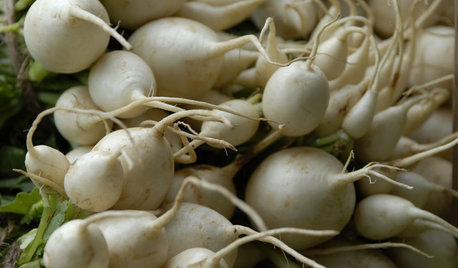
GARDENING GUIDESCool-Season Vegetables: How to Grow Turnips
Sweeter after a taste of frost, these often-overlooked root vegetables can be a surprisingly tasty part of your fall garden
Full Story0
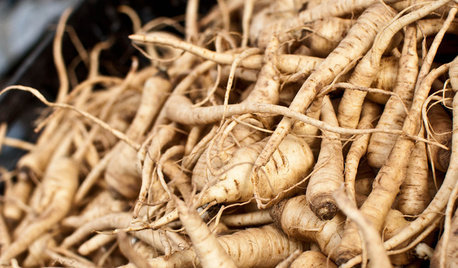
COOL-SEASON CROPSCool-Season Vegetables: How to Grow Parsnips
This unfairly maligned root vegetable is the ideal choice for a winter garden, sweetening with the frost and having a long storage life
Full Story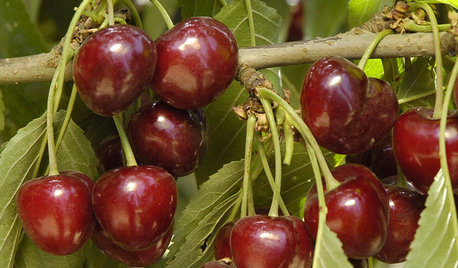
EDIBLE GARDENSHow to Grow Your Own Luscious Cherries
Nope, they’re not the easiest fruit to grow. But with spectacular blossoms and pies as possibilities, cherries are sure worth a try
Full Story
MOST POPULARHow to Get Rid of Those Pesky Summer Fruit Flies
Learn what fruit flies are, how to prevent them and how to get rid of them in your home
Full Story
EDIBLE GARDENSHow to Grow 10 Favorite Fruit Trees at Home
Plant a mini orchard in fall, winter or early spring to enjoy fresh-off-the-tree fruit the following year
Full Story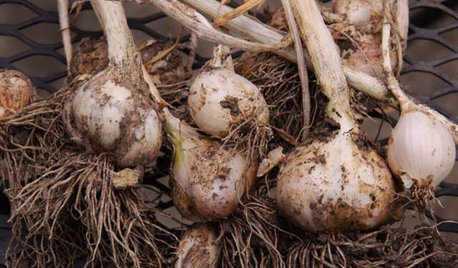
COOL-SEASON CROPSCool-Season Vegetables: How to Grow Garlic
Beloved in a wide range of dishes the world over, garlic thrives in a fall garden and is easy to grow
Full Story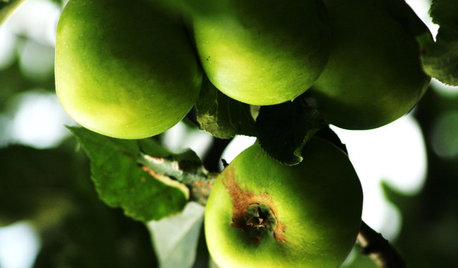
EDIBLE GARDENSHow to Add an Apple Tree to Your Edible Garden
Readily available, beautiful and fragrant, apple trees offer four-season interest along with crisp, juicy fruit
Full Story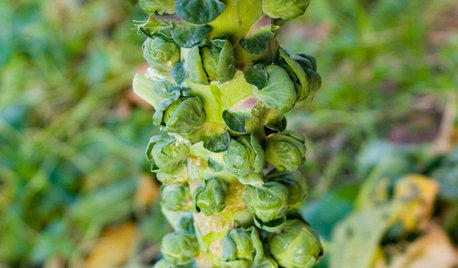
COOL-SEASON CROPSCool-Season Vegetables: How to Grow Brussels Sprouts
If you love 'em (you know who you are), fall and spring are the right times for planting these veggies in your edible garden
Full Story0
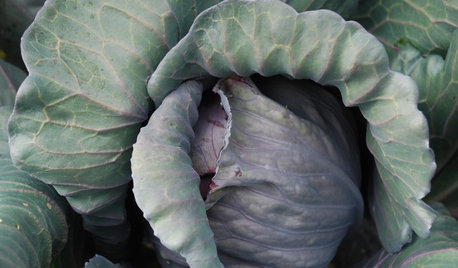
COOL-SEASON CROPSCool-Season Vegetables: How to Grow Cabbage
Give soups and stews an unbeatably fresh flavor with this ever-popular fall garden favorite
Full Story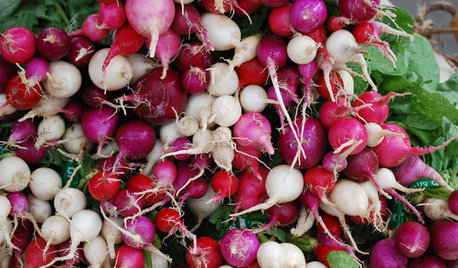
COOL-SEASON CROPSCool-Season Vegetables: How to Grow Radishes
Fast growing and bright, these easy-care veggies are great for kids and bring plentiful color to a fall or spring garden
Full Story







lilyd74 (5b sw MI)
CaraRoseOriginal Author
Related Professionals
Canton Landscape Architects & Landscape Designers · New Bedford Landscape Architects & Landscape Designers · Peabody Landscape Contractors · Waterbury Landscape Contractors · Battle Ground Landscape Contractors · Bridgeview Landscape Contractors · Englewood Landscape Contractors · Kaneohe Landscape Contractors · New Braunfels Landscape Contractors · Roswell Landscape Contractors · Antioch Landscape Contractors · Baileys Crossroads Landscape Contractors · Chattanooga Driveway Installation & Maintenance · La Vista Driveway Installation & Maintenance · Parker Driveway Installation & Maintenancetcstoehr
clr20422
galinas
digdirt2
dclasikwashington
fbx22